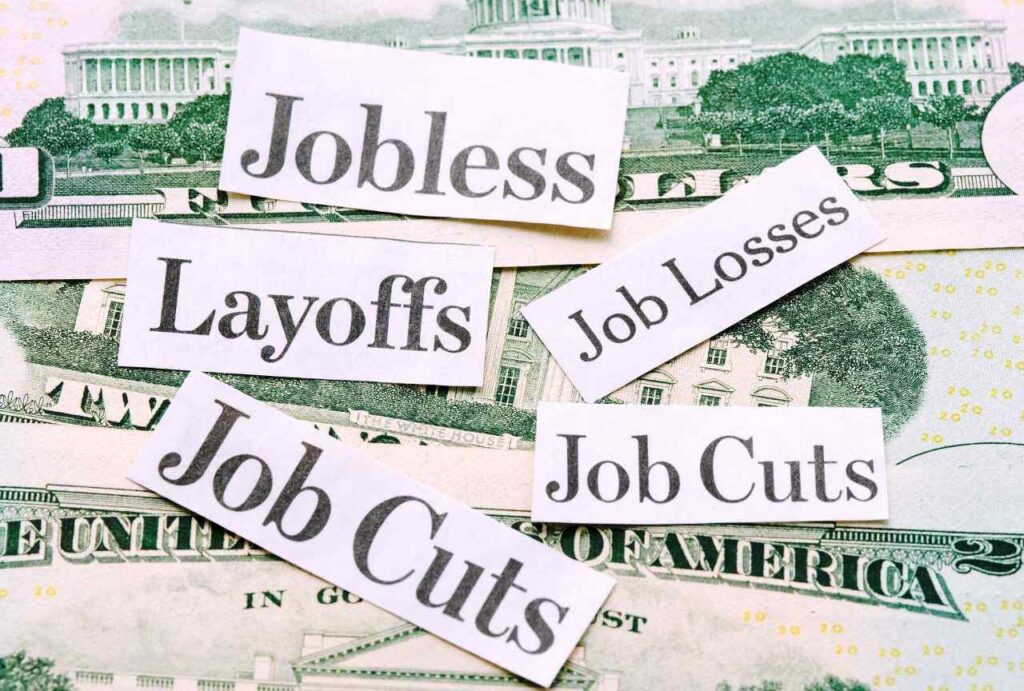Many people spend a significant portion of their lives at work, so finding fulfillment in a career is essential. However, not all professions offer the same level of satisfaction. Some jobs are notorious for leaving employees feeling stressed, undervalued, or unhappy.
These roles often come with challenges such as high stress, low pay, difficult working conditions, or a lack of recognition. Understanding which jobs are commonly disliked can provide valuable insights for those evaluating their career paths or considering a job change.
The 10 Most Hated Jobs By Employees
1. Insurance Broker
The role of an insurance broker often ranks low in job satisfaction due to the high-pressure environment and ethical dilemmas involved. Brokers are responsible for selling insurance policies to clients, which requires a deep understanding of various products and the ability to persuade individuals or businesses to purchase coverage. The pressure to meet sales targets can lead to a stressful work atmosphere.
Additionally, there’s a perception that brokers may prioritize commissions over clients’ best interests, which can create ethical conflicts and impact their sense of job fulfillment. This blend of high expectations and moral ambiguity contributes to why many insurance brokers find their jobs challenging and dissatisfying.
2. Waiter/Waitress
Working as a waiter or waitress is often seen as one of the most challenging jobs due to its demanding nature and relatively low compensation. Employees in this role are required to handle multiple tasks simultaneously, including taking orders, serving food, and dealing with customer complaints. The job often involves long hours, standing for extended periods, and working during weekends and holidays.
Despite the hard work, waitstaff frequently rely on tips to supplement their income, which can be inconsistent and dependent on customer generosity. The combination of physical strain, irregular hours, and the need to maintain a polite demeanor in the face of challenging customers makes this profession one of the least favored by employees.
3. Telemarketer
Telemarketing is another profession that consistently ranks among the most disliked jobs. Telemarketers are tasked with making cold calls to potential customers, often facing high levels of rejection and even hostility. The repetitive nature of the job, combined with strict performance metrics such as call quotas, creates a high-pressure environment.
Furthermore, the public perception of telemarketing is generally negative, with many people viewing these calls as intrusive. This stigma, along with the constant pressure to achieve sales targets, contributes to a low level of job satisfaction among telemarketers, making it a career that many are eager to leave behind.
4. Cleaner
Cleaners often face difficult working conditions, which can significantly impact their job satisfaction. The role requires performing physically demanding tasks such as scrubbing, sweeping, and handling potentially hazardous cleaning chemicals. Cleaners are responsible for maintaining hygiene in various settings, including offices, hospitals, and public spaces, where the work can be both labor-intensive and repetitive.
Despite the essential nature of their work, cleaners frequently receive low wages and little recognition for their efforts. This lack of appreciation, coupled with the physically taxing nature of the job, contributes to its reputation as one of the most hated professions. Additionally, cleaners may encounter disrespect from those who undervalue their contributions, further diminishing their overall job satisfaction.
5. Parking Enforcement Officer
Parking enforcement officers often rank low in job satisfaction due to the confrontational aspects of the role. Their primary responsibility is to ensure parking regulations are followed, which involves issuing tickets for violations. This can lead to frequent confrontations with angry or frustrated individuals who have been fined. The job can be stressful, as officers must navigate potentially hostile situations while maintaining professionalism.
Furthermore, they often work outdoors in various weather conditions, which can add to the job’s challenges. The public perception of parking enforcement officers is generally negative, with many viewing them as adversarial, which can make the work environment even more isolating and stressful.
6. Garbage Collector
Garbage collection is a physically demanding job that often involves working in unpleasant conditions. Garbage collectors are responsible for the collection and disposal of waste, which exposes them to various hazards, including heavy lifting, exposure to unsanitary materials, and extreme weather conditions.
The role requires early morning hours and physically strenuous tasks that can lead to long-term health issues. Despite the essential service they provide to communities, garbage collectors often face societal stigma and lack of respect for their work. The combination of physically taxing duties, health risks, and low public recognition contributes to the dissatisfaction many individuals feel in this role.

Also Read: 15 Best Low-Stress Jobs That Pay Well (With Salaries)
7. Administrative Assistant
Administrative assistants often experience job dissatisfaction due to the demanding and sometimes monotonous nature of their work. They are responsible for a wide range of tasks, including scheduling meetings, managing correspondence, and handling office logistics. While these duties are essential for the smooth operation of an office, they can be repetitive and may not provide opportunities for career growth or skill development.
Additionally, administrative assistants are frequently undervalued and may not receive recognition for their contributions. This lack of appreciation, combined with the pressure to manage multiple tasks and handle the demands of various team members, can lead to feelings of frustration and burnout.
8. Taxi Driver/Rideshare Driver
Taxi and rideshare drivers face numerous challenges that contribute to low job satisfaction. Long hours, unpredictable income, and the necessity to deal with a wide range of passengers can make this job particularly stressful. Drivers often work during peak hours, late nights, and weekends to maximize their earnings, which can lead to fatigue and a poor work-life balance.
The safety concerns are also prevalent, as drivers may encounter dangerous situations or difficult passengers. The maintenance costs for vehicles and the competition in the rideshare market also add financial pressure. These factors collectively make the job of driving a taxi or rideshare vehicle one of the least satisfying career choices for many individuals.
9. Retail Sales Associate
Retail sales associates are often on the front lines of customer service, dealing with a variety of customer needs and complaints. This role typically involves long hours on one’s feet, working during weekends, holidays, and busy shopping seasons. The pressure to meet sales targets, along with managing difficult or demanding customers, can make this job particularly stressful.
Despite the effort required, retail positions are usually low-paying, and opportunities for advancement are often limited. The combination of physical demands, emotional stress, and lack of career progression contributes to the low satisfaction levels among retail sales associates.
10. Prison Guard
Working as a prison guard is one of the most challenging and stressful jobs due to the high-risk environment and constant exposure to potential danger. Guards are responsible for maintaining order and ensuring the safety of inmates, staff, and themselves, which requires constant vigilance and quick decision-making in high-pressure situations. The work environment can be hostile, with the risk of physical confrontations and the need to manage individuals who may be aggressive or non-compliant.
The emotional toll of working in such an environment, including exposure to violence and the need to enforce strict rules, can lead to burnout and mental health issues. The demanding nature of this job, along with the potential for danger and emotional strain, makes it one of the most disliked professions.
Choosing a career is a significant decision that impacts overall well-being and quality of life. Understanding the factors that contribute to job dissatisfaction can guide individuals toward more fulfilling career paths. By recognizing the common challenges faced in these roles, it’s possible to make more informed choices and seek environments that align better with personal values and goals. Each career comes with its own set of demands, but the key lies in finding a path that resonates with one’s strengths and aspirations, leading to a more rewarding and satisfying professional journey.



